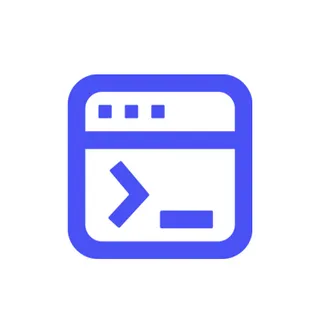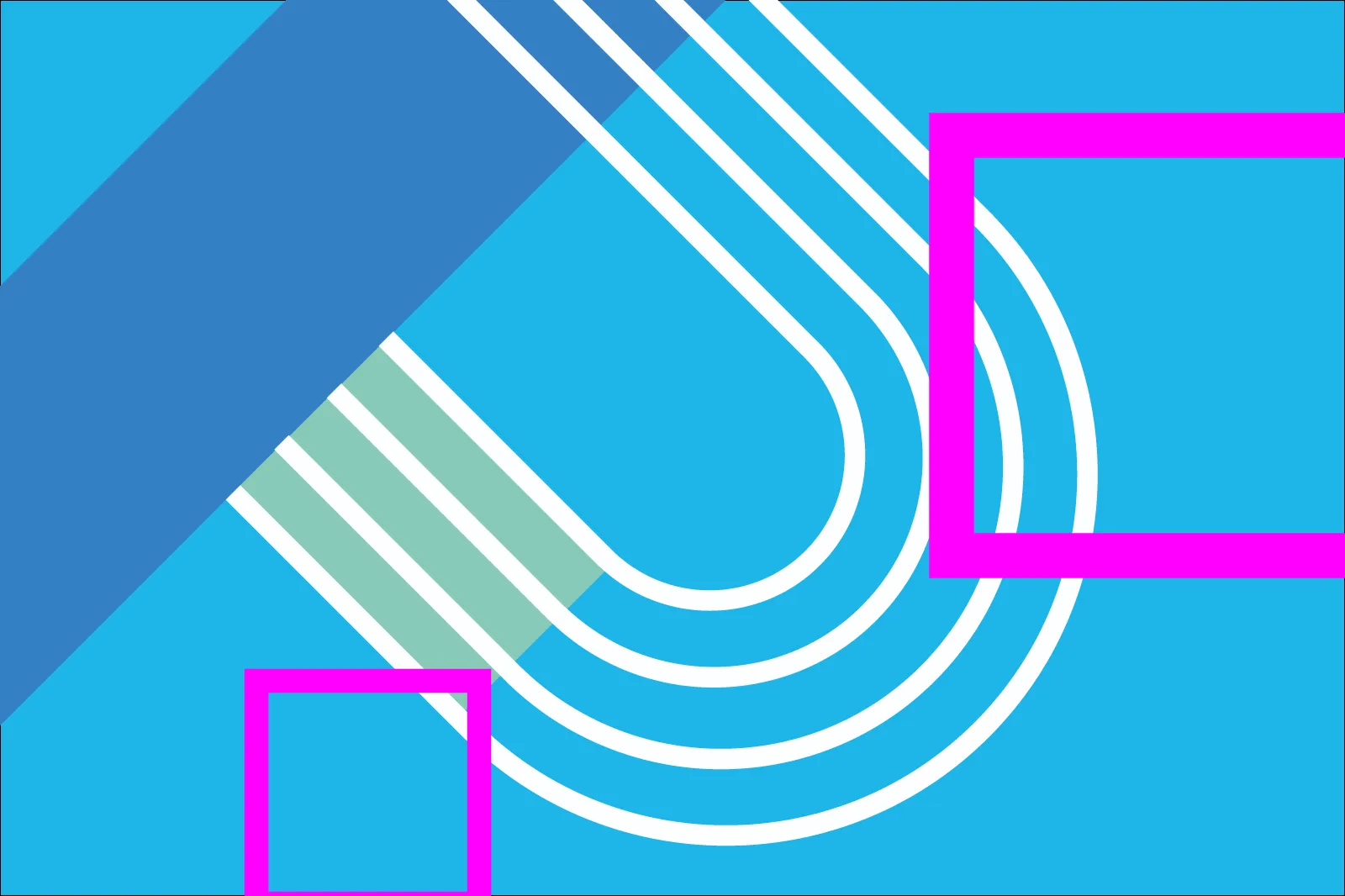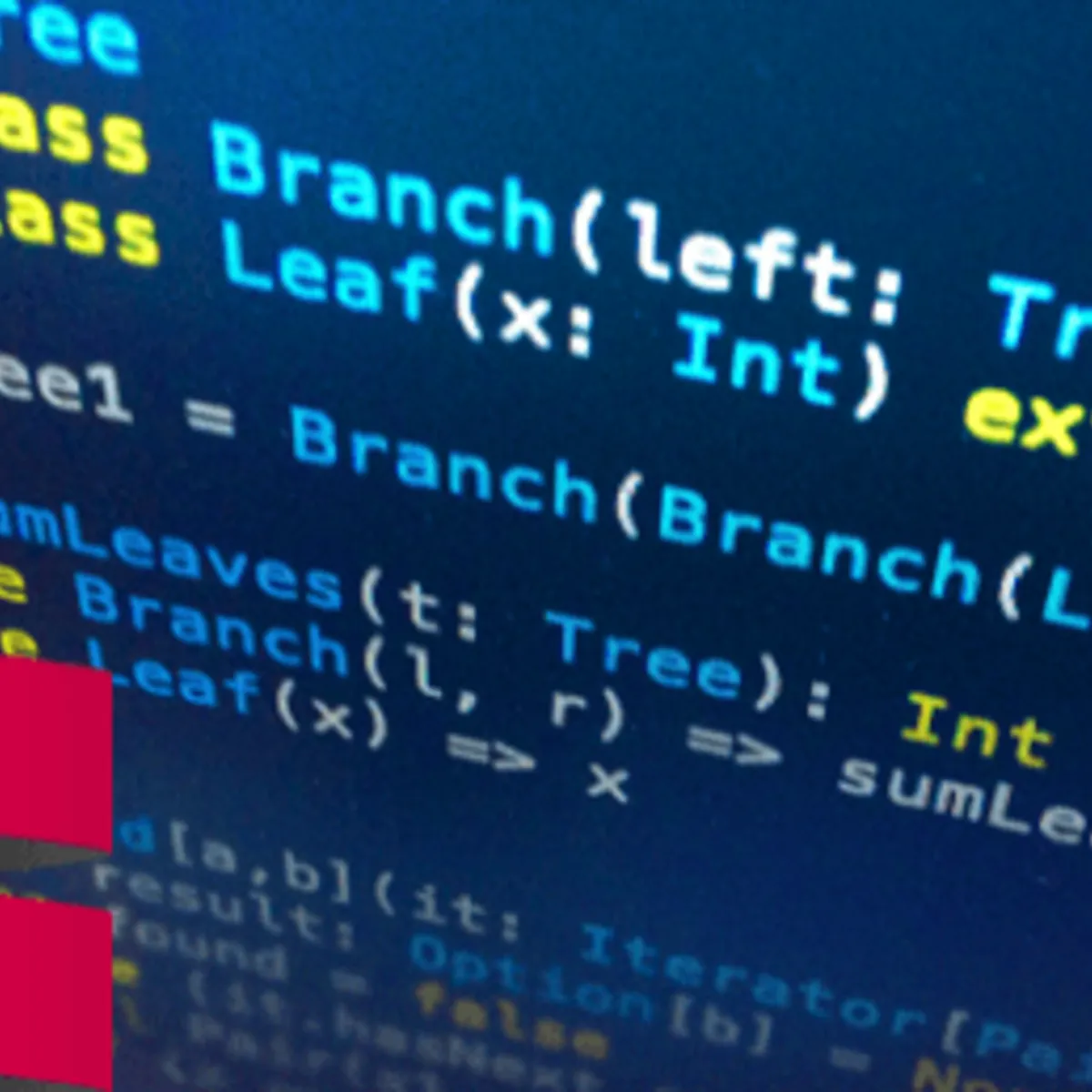
An Introduction to Programming in Go 
This course provides an introduction to programming in Go. It covers topics such as variables and inferred typing, constants, printing, packages and imports, code location, exported names, functions and return values, pointers, and mutability. Students will learn the basics of the Go language and how to use it to create programs. They will also gain an understanding of the language's syntax and structure, and how to use it to write efficient and effective code. By the end of the course, students will have a solid foundation in Go programming and be able to create their own programs. ▼
ADVERTISEMENT
Course Feature
![]() Cost:
Cost:
Free Trial
![]() Provider:
Provider:
Educative
![]() Certificate:
Certificate:
No Information
![]() Language:
Language:
English
![]() Start Date:
Start Date:
Self Paced
Course Overview
❗The content presented here is sourced directly from Educative platform. For comprehensive course details, including enrollment information, simply click on the 'Go to class' link on our website.
Updated in [May 17th, 2023]
This course, An Introduction to Programming in Go, provides an introduction to the Go programming language. It covers topics such as variables and inferred typing, constants, printing, packages and imports, code location, exported names, functions and return values, pointers, and mutability. Participants will gain an understanding of the fundamentals of the Go language and be able to apply it to their own programming projects.
[Applications]
After completing this course, students should be able to apply their knowledge of Go programming to create applications and programs. They should be able to use variables and constants, print output, import packages, understand code location, export names, create functions and return values, use pointers, and understand mutability. Additionally, they should be able to debug their code and use the Go language to solve problems.
[Career Paths]
1. Go Developer: Go Developers are responsible for developing applications and software using the Go programming language. They must be knowledgeable in the language and its syntax, as well as the development process. Go Developers must be able to create efficient and reliable code, debug and troubleshoot existing code, and optimize code for performance. The demand for Go Developers is increasing as more companies are adopting the language for their development needs.
2. Data Scientist: Data Scientists use Go to analyze large datasets and uncover insights from the data. They must be knowledgeable in the language and its syntax, as well as the development process. Data Scientists must be able to create efficient and reliable code, debug and troubleshoot existing code, and optimize code for performance. The demand for Data Scientists is increasing as more companies are adopting the language for their data analysis needs.
3. DevOps Engineer: DevOps Engineers use Go to automate the deployment and management of applications and services. They must be knowledgeable in the language and its syntax, as well as the development process. DevOps Engineers must be able to create efficient and reliable code, debug and troubleshoot existing code, and optimize code for performance. The demand for DevOps Engineers is increasing as more companies are adopting the language for their DevOps needs.
4. Machine Learning Engineer: Machine Learning Engineers use Go to develop and deploy machine learning models. They must be knowledgeable in the language and its syntax, as well as the development process. Machine Learning Engineers must be able to create efficient and reliable code, debug and troubleshoot existing code, and optimize code for performance. The demand for Machine Learning Engineers is increasing as more companies are adopting the language for their machine learning needs.
[Education Paths]
1. Bachelor of Science in Computer Science: This degree path provides students with a comprehensive understanding of computer science fundamentals, such as programming languages, algorithms, data structures, operating systems, and software engineering. It also covers topics such as artificial intelligence, computer graphics, and computer networks. This degree path is ideal for those who want to pursue a career in software engineering, computer programming, or computer systems analysis.
2. Bachelor of Science in Information Technology: This degree path focuses on the application of technology to solve business problems. It covers topics such as database management, web development, network security, and software engineering. This degree path is ideal for those who want to pursue a career in information technology, software engineering, or web development.
3. Master of Science in Computer Science: This degree path provides students with an advanced understanding of computer science fundamentals, such as programming languages, algorithms, data structures, operating systems, and software engineering. It also covers topics such as artificial intelligence, computer graphics, and computer networks. This degree path is ideal for those who want to pursue a career in software engineering, computer programming, or computer systems analysis.
4. Master of Science in Information Technology: This degree path focuses on the application of technology to solve business problems. It covers topics such as database management, web development, network security, and software engineering. This degree path is ideal for those who want to pursue a career in information technology, software engineering, or web development. It also provides students with the skills necessary to develop and implement innovative solutions to complex business problems.
The development trends for these degree paths are focused on the use of emerging technologies such as artificial intelligence, machine learning, and blockchain. Additionally, there is an increasing emphasis on the use of data science and analytics to gain insights from large datasets. As technology continues to evolve, these degree paths will continue to evolve to meet the changing needs of the industry.
Course Syllabus
Basic Types
Type Conversion
Type Assertion
Structs
Initializing
Composition vs Inheritance
Course Provider

Provider Educative's Stats at AZClass
Discussion and Reviews
0.0 (Based on 0 reviews)
Explore Similar Online Courses

Solving Problems with Technology - Online Program - FutureLearn

Machine Learning for Supply Chains

RDBMS PostgreSQL

Intro To PostgreSQL Databases With PgAdmin For Beginners

PostgreSQL: Client Applications

Mastering SQL using Postgresql

Database Design and Basic SQL in PostgreSQL

PostgreSQL: Advanced Queries

Spatial SQL with Postgres : A language for geographers

Learn SQL Using PostgreSQL: From Zero to Hero

PostgreSQL Essential Training

Big Data Analysis with Scala and Spark
 Related Categories
Related Categories
 Popular Providers
Popular Providers
Quiz
 Submitted Sucessfully
Submitted Sucessfully
1. What is the keyword used to declare a constant in Go?
2. What is the keyword used to declare a variable in Go?
3. What is the keyword used to print a statement in Go?


Start your review of An Introduction to Programming in Go